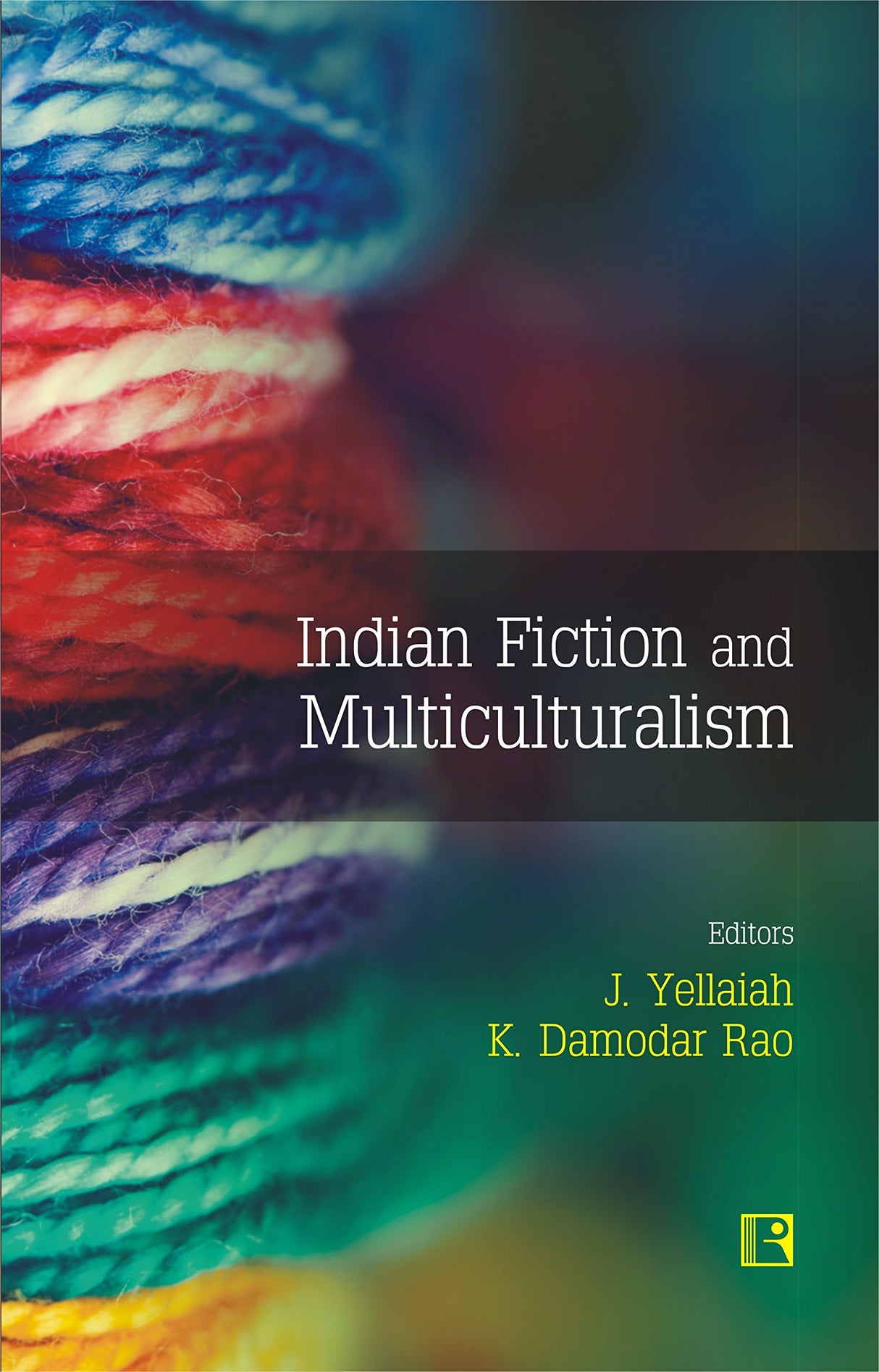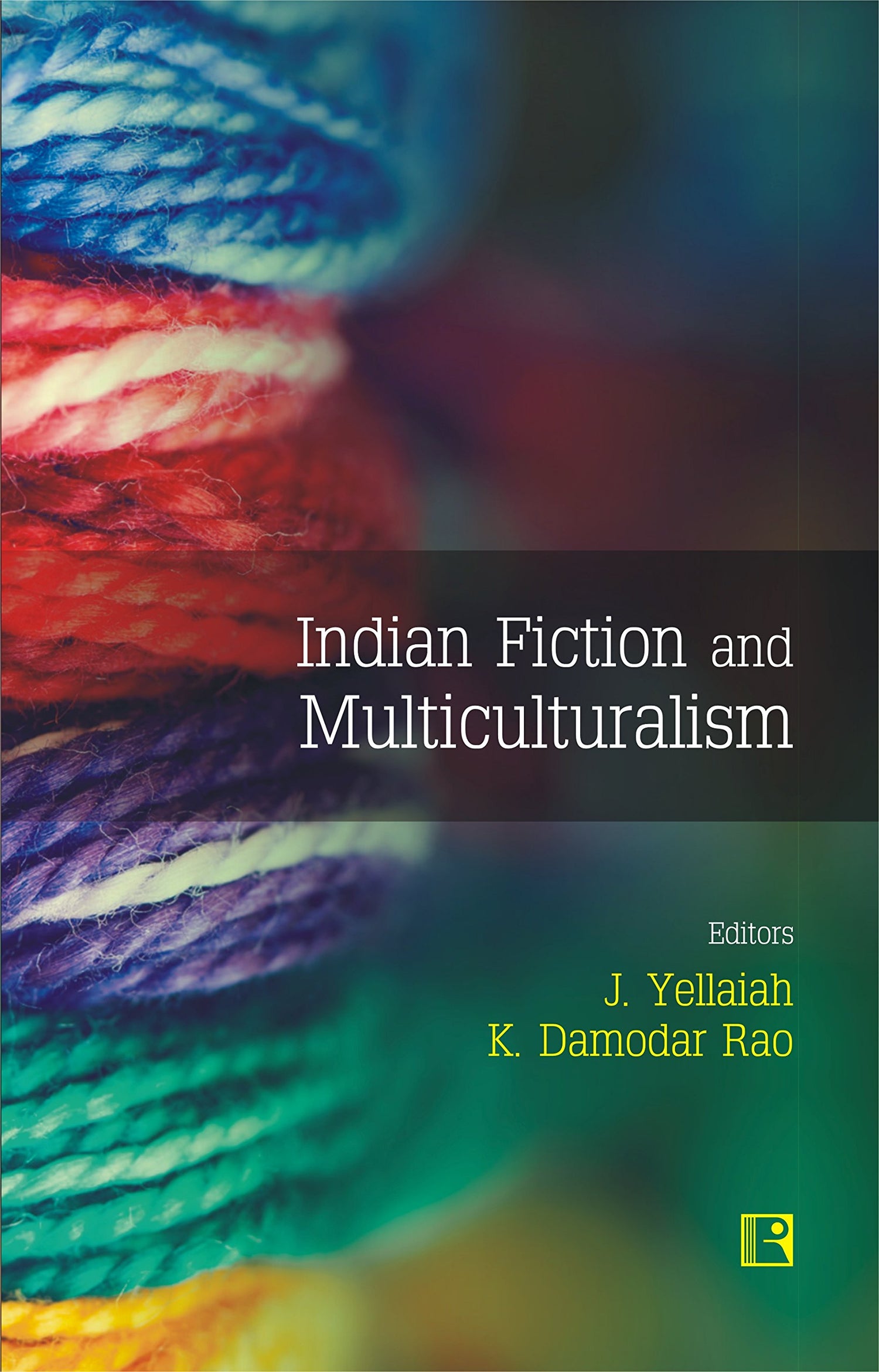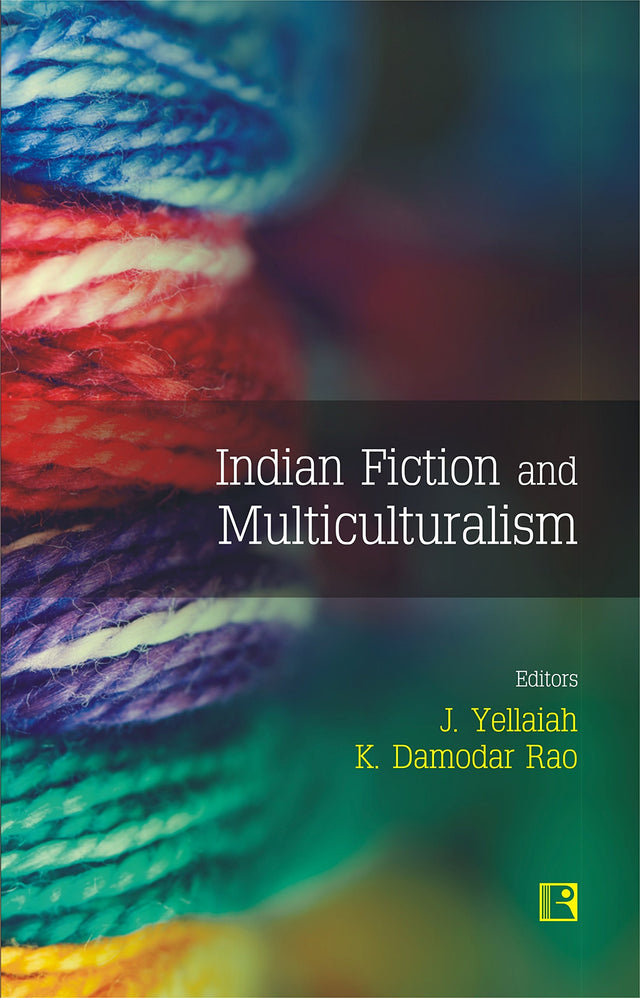INDIAN FICTION AND MULTICULTURALISM
INDIAN FICTION AND MULTICULTURALISM is backordered and will ship as soon as it is back in stock.
Couldn't load pickup availability
Genuine Products Guarantee
Genuine Products Guarantee
We guarantee 100% genuine products, and if proven otherwise, we will compensate you with 10 times the product's cost.
Delivery and Shipping
Delivery and Shipping
Products are generally ready for dispatch within 1 day and typically reach you in 3 to 5 days.
Book Details
-
Publisher: Rawat Publications
-
Editors: J. Yellaiah, K. Damodar Rao
-
Language: English
-
Edition: 2018
-
ISBN: 9788131609576
-
Pages: 264
-
Cover: Hardcover
-
Dimensions: 8.7 x 5.9 x 1.0 inches
About the Book
India: The Idea of Pluralism and Multiculturalism explores the complex and multifaceted concept of Indian identity and culture through the lens of Indian fiction. The book offers an in-depth look at how India, with its long history of diversity and pluralism, has managed to integrate multiple identities and ideologies over centuries. India, with its multitude of cultures, religions, and languages, defies rigid definitions, embracing diversity while maintaining unity. This paradoxical harmony between tradition and modernity, conflicting ideologies, and competing identities has intrigued scholars and thinkers alike.
The anthology brings together diverse perspectives on the idea of Indianness, with contributions that address the intricate relationship between nationalism, regional identities, and multiculturalism. The book investigates key themes such as caste, gender, migration, and violence through the lens of Indian English fiction, while also engaging with the work of Non-Resident Indian (NRI) writers.
Each essay takes a critical look at different fictional works, offering fresh insights into issues of social justice, nationalism, gender roles, and class struggles. The book also emphasizes the importance of regional fiction in the broader narrative of Indian literature, asserting that works in regional languages, often translated into English, complement Indian English fiction in portraying the country's diverse social fabric.
The anthology, through its diverse essays, challenges the notion of nationalism and engages with the evolving concept of Indianness. It serves as a powerful critique of both the macro and micro aspects of Indian identity, offering a well-rounded exploration of the nation’s ongoing struggle to define itself amidst its diversity.
Contents
-
The Question of Nationalism: An Indian Response – P. Mallikarjuna Rao
-
Indian English Fiction and the Question of Indianness: A General Assessment – Syed Mujeebuddin
-
NRI Writers versus RNI Critics – P. Shiv Kumar
-
Recent Indian Novel in English: Some Animadversions – M. Rajagopalachary
-
Tradition, Caste and Raja Rao – G. Thirupathi Kumar
-
Interrogating Tradition: A Study of Mulk Raj Anand's Gauri – G. Thirupathi Kumar
-
Gendering Indian Fiction in English: Mapping Masculinity – Mittapalli Rajeshwar
-
Arun Joshi's The Last Labyrinth and a 'Secret Curiosity' – J. Yellaiah
-
The Hidden Layers of the World of Haroun – Roshin George
-
From Bombay to Bharat: Bollywood and India in I. Allan Sealy's Hero: A Fable – G. Sujatha
-
What the Nation Meant to Them: Nationalism and the Quest for Meaning in Attia Hosain's Sunlight on a Broken Column – Arash P. Fazli
-
Male Constructs and Female Choices in Githa Hariharan's The Thousand Faces of Night – J. Yellaiah and G. Pratima
-
Not for a Season Only: Re-Narrating History in Looking Through Glass and A Fine Balance – Alessandro Monti
-
'Honour' Killings and the Dalits in Fiction and Films: Arundhati Roy's The God of Small Things and Priyadarshan's Aakrosh – Mittapalli Rajeshwar
-
Reflections on the Crystal Palace: The Glass Palace as a Postcolonial Text – T. Vinoda
-
Language and Silence in Amitav Ghosh's The Hungry Tide – S. Latha
-
Crossovers and Makeovers: A Study of Jhumpa Lahiri's The Namesake – T. Vinoda
-
The Human Incompatibility and the Inside of Interpretation: A Study of Jhumpa Lahiri's Short Fiction – B. Gopal Rao
-
The Story-teller in the Information Age: Vikram Chandra's Entwining Narratives – Christopher Rollason
-
The Image of Contemporary India in Rukun Advani's Beethoven Among the Cows: A Reading – B. Krishnaiah
-
Shattered Lives and Scarred Souls: Women in Partition Stories – P. Mallikarjuna Rao and Radhika Purohit
-
From Oppression to Assertion: A Note on Baby Kamble's The Prisons We Broke – K.V. Ramana Chary
-
Charting Alter'native' Terrain: Class, Culture, Gender Resistance in Mahasweta Devi's “Draupadi” – K. Damodar Rao and B. Vijaya
-
The Struggle for Social Justice in Paraja – M. Prabhakar and D. Vijaya Prakash
-
Tribulations and Marginality of Dalits in Omprakash Valmiki's Joothan – B. Krishnaiah and A. Komuraiah
-
Gendered Articulations: A Reading of Select Telugu Short Fiction in English Translation – Palakurthy Dinakar
About the Authors/Editors
J. Yellaiah retired as Professor of English from Kakatiya University, Warangal, where he made significant contributions to the field of English literature. He has edited academic journals, organized national seminars, and played a key role in outreach programs.
K. Damodar Rao is a retired Associate Professor from Kakatiya University, Warangal, with expertise in postcolonial Indian English fiction. He has published extensively in the fields of literature, culture, and social issues, and his works have been influential in shaping academic discourse.





